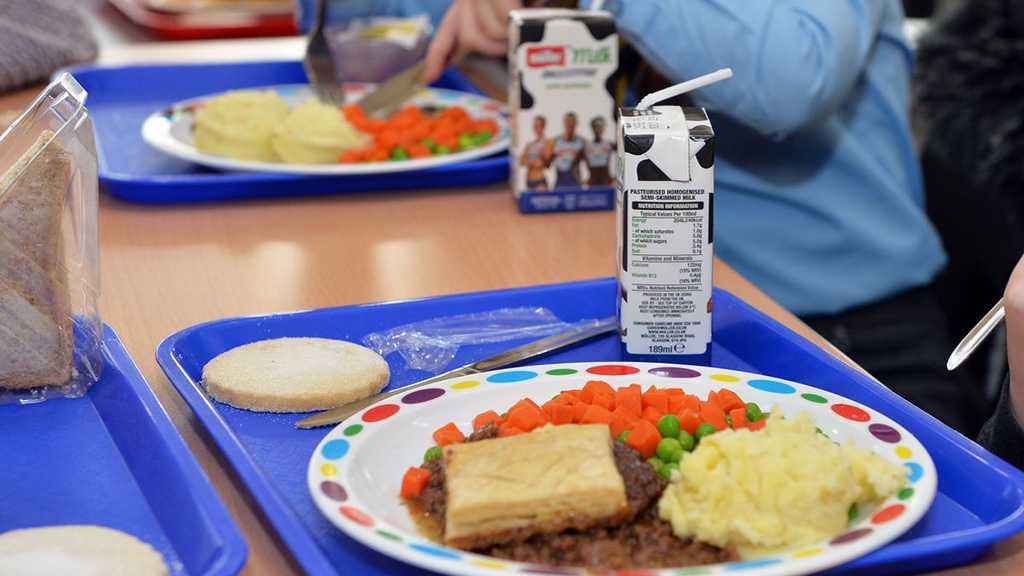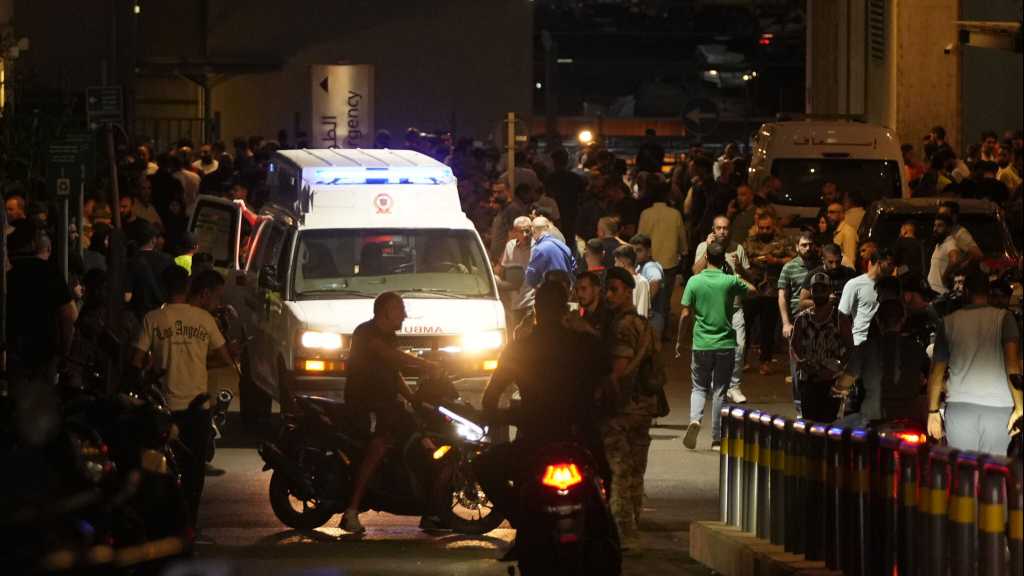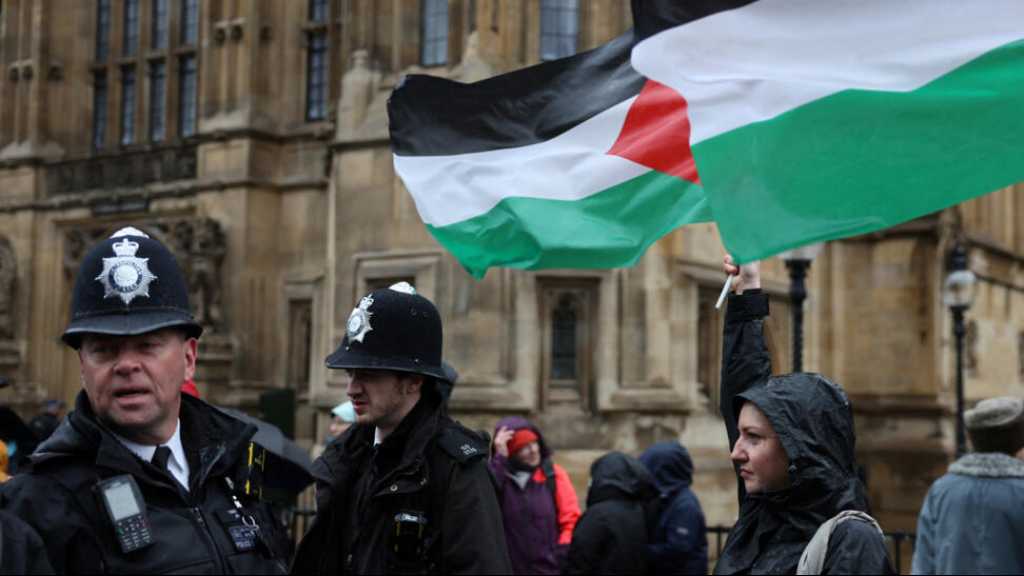Number of UK Children in Food Poverty Nearly Doubles in A Year to 4m

By Staff, Agencies
The number of UK children in food poverty has nearly doubled in the last year to almost 4 million, new data shows, ramping up pressure on ministers to expand the provision of free school meals to struggling families.
According to the Food Foundation thinktank, one in five [22%] of households reported skipping meals, going hungry or not eating for a whole day in January, up from 12% at the equivalent point in 2022.
The increase in food insecurity comes as separate polling by the foundation showed increased backing for expanding free school meals in England. Eight out of 10 people [80%] polled said they favored extending free school meal eligibility to all children in households receiving universal credit, up from 72% in October.
Public support is as strong in Surrey as it is in deprived northern “red wall” areas, the polling suggests, with 82% of people in favor in the South West Surrey constituency of the chancellor, Jeremy Hunt, and 81% in the Stockton South seat of Tory party vice-chair Matt Vickers in the north-east of England.
The foundation’s chief executive, Anna Taylor, said the latest data revealed big holes in the government’s safety net. “By extending free school meals to more children in England in the next budget, the government could deliver a policy change that is popular with voters, targeted and timely, and truly delivers on levelling up.”
There has been renewed political interest in widening eligibility for free school meals as a way of mitigating the cost of living crisis for low-income families. London’s mayor, Sadiq Khan, last month announced all primary school pupils in the capital would be offered free lunches for a year from September.
The London boroughs of Islington, Newham, Southwark, Tower Hamlets and Westminster already offer free school meals for all primary pupils. Wales plans to provide free lunches for primary schoolchildren by 2024, and the policy is being rolled out in Scotland.
Campaigners believe there is increasing support on the Conservative benches over the issue. Last October Michael Gove, now the secretary of state for levelling up, told a meeting at Tory party conference he supported extending eligibility to free school meals.
After energy costs, the rocketing price of putting a meal on the table is now the biggest single pressure on low-income household budgets. After sustained price rises over the past year, grocery inflation currently stands at 17.1%, the highest level on record. Free school meals would save parents about £440 a child annually.
An estimated 800,000 children in poverty do not qualify for free school meals. To be eligible households must have an annual income of under £7,400 before benefits and after tax. That threshold has been frozen since 2018, even though prices have risen since then.
A Department for Education spokesperson said: “Since 2010 the number of children receiving a free meal at school has increased by more than 2 million, increasing the number of pupils who benefit from free school meals in education settings from just one in six, to over one third.
“On top of this, we have made a further investment in the national school breakfast program to extend the program for another year, backed by up to £30m.”




